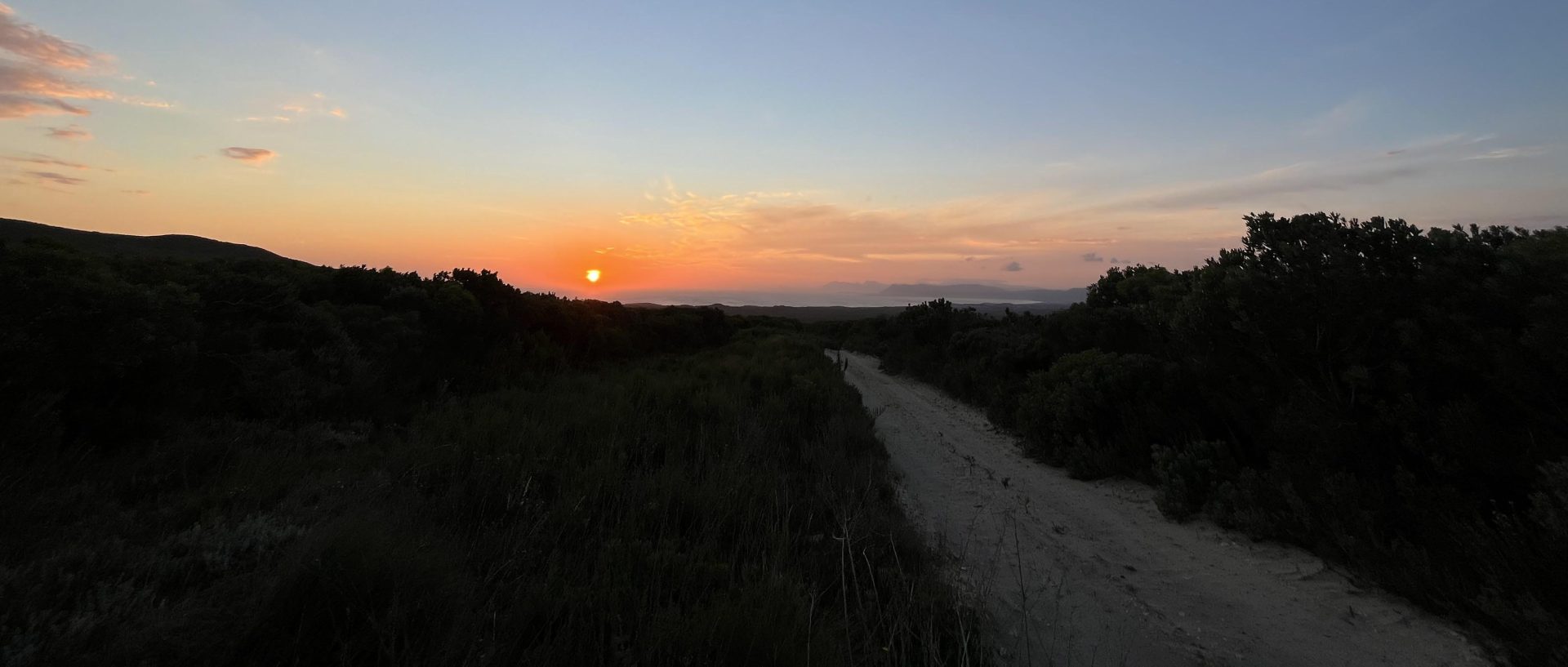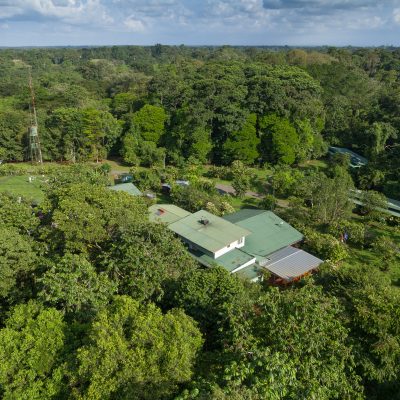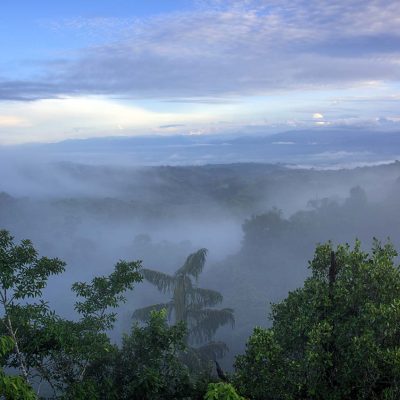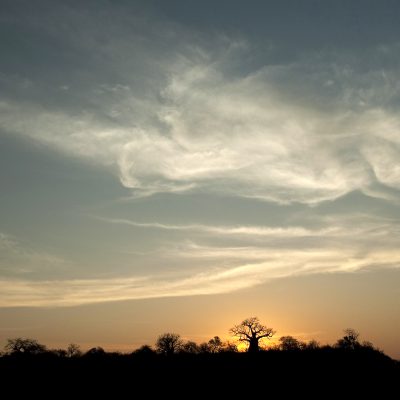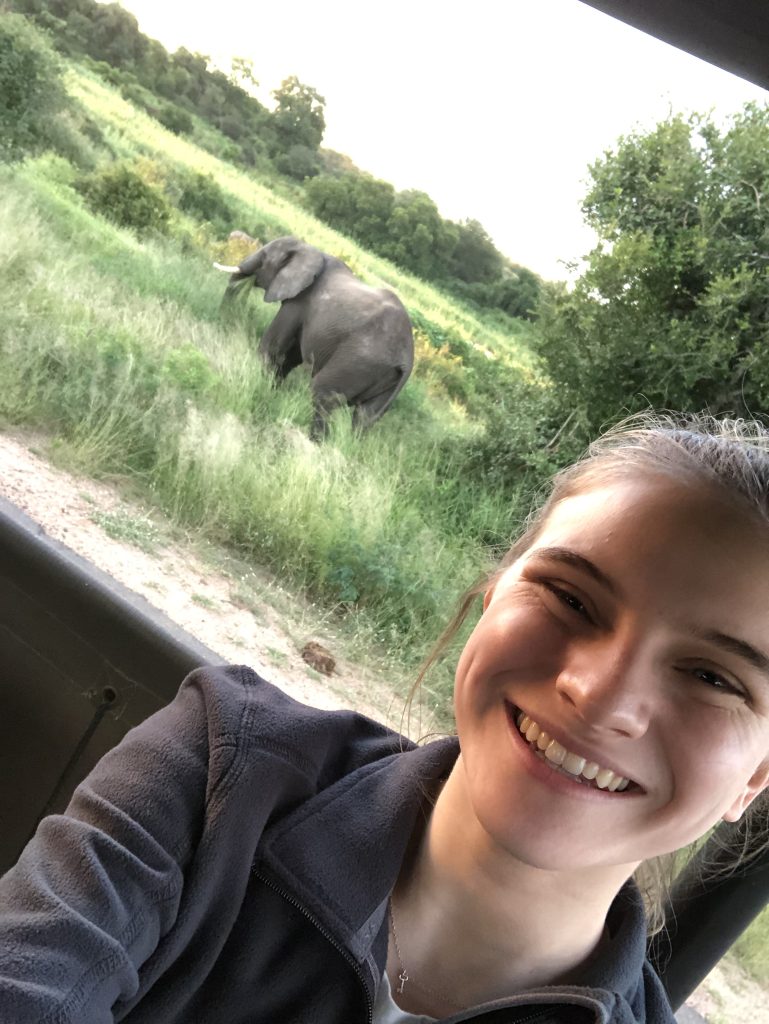
Major: Biology and History Student
Home School: College of the Holy Cross
OTS Program: African Ecology and Conservation
Spring 2022
Samantha Marzi
Samantha is double majoring in Biology and History at the College of the Holy Cross, MA. At the time Sam was looking for an opportunity to study abroad and found out about African Ecology and Conservation in South Africa, she knew this was the program she wanted to take! Without knowing what was coming, Sam went to South Africa to spend some of the most wonderful times of her academic career.
Now back in the U.S., Sam cherishes all of the memories she and her classmates built in the Spring of 2022 in Skukuza, Kruger National Park, HaMakuya, and many more places.
“If you are even considering an OTS program, that means you are ready for it. Trust me when I say it will be the best decision you ever make“
When I started researching my study abroad options in my Sophomore year, I thought I just wanted to do a normal European experience. However, at my school’s study abroad fair they had a table for OTS, and I immediately loved the idea. As a biology and history double major, the promise of such a unique, hands-on semester of ecological research in such a historically complicated country was something I couldn’t turn down. There is no better way to learn history or biology than being right there, seeing the concepts and landmarks with your own eyes. Combined with the beautiful pictures and fantastic alumni stories. I was sold!
This is such an incredibly hard question. I feel like almost every day of the program produced a story that could be considered a “highlight.” I could talk about the close encounters with bull elephants (I felt completely safe every time though, surrounded by talented game guards and our staff), the breathtaking sights I took in on top of multiple mountains, or the hours-long game drives spent looking for leopards and rhinos.
However, my favorite memory is much simpler. On one of our last nights, we drove to a dried-up riverbed to reflect on our time in the program. After a few tears, we all got up and played a made-up dodgeball/hacky sack game together. The memory of all of us, students and academics, diving in the sand, avoiding the piles of dried elephant dung, forming alliances as well as establishing foes while using each other as human shields is one I will never forget. I think it perfectly encapsulates the close-knit community we formed and our place in the environment we had been living in for three months.
If you are even considering an OTS program, that means you are ready for it. I know it can seem scary and it is totally different than what a lot of your friends might be doing for their study abroad experiences, but trust me when I say it will be the best decision you ever make. Just go for it, you will not regret it. As soon as you arrive, the care of the faculty and staff will make any worries you had disappear and your fellow students will quickly become life-long friends.
For my capstone research project, we wanted to investigate if the impalas, a type of antelope of Kruger National Park, are becoming habituated to humans and if this is affecting how they respond to predators. Testing this involved driving around all day (no complaints here, this is how we saw a rhino), looking for herds of impala, observing how they responded to different human, leopard, and “natural” stimuli, and rating their responses on a fear scale. We also marked where we found them, on a tar road, a dirt road, or in/near a tourist camp or staff village, to see if the level of human presence changed their responses. In the end, we did find that in the villages, impalas were much less fearful than out along the roads, often choosing to not respond to any stimuli we presented them.
I think the really cool thing about OTS is that they do such a good job of providing an amazing experience out in the savanna, but also right back on campus. Kruger National Park is breathtaking, and just driving through it was incredibly fun, especially sitting next to faculty who were pretty much “walking encyclopedias”, and loved nothing more than sharing their knowledge about anything and everything we saw.
Returning back to campus was just as fantastic, as every person you met was incredibly caring. The caterers were not only extremely talented chefs, but by the end of the program, they were our friends too. There was nothing like coming back from a long day of research or waking up early in the morning to see their welcoming faces and have a conversation with them while eating breathtaking food.
I truly miss OTS every day, and all that credit goes to the OTS faculty and staff (as well as to South Africa and its beauty).

